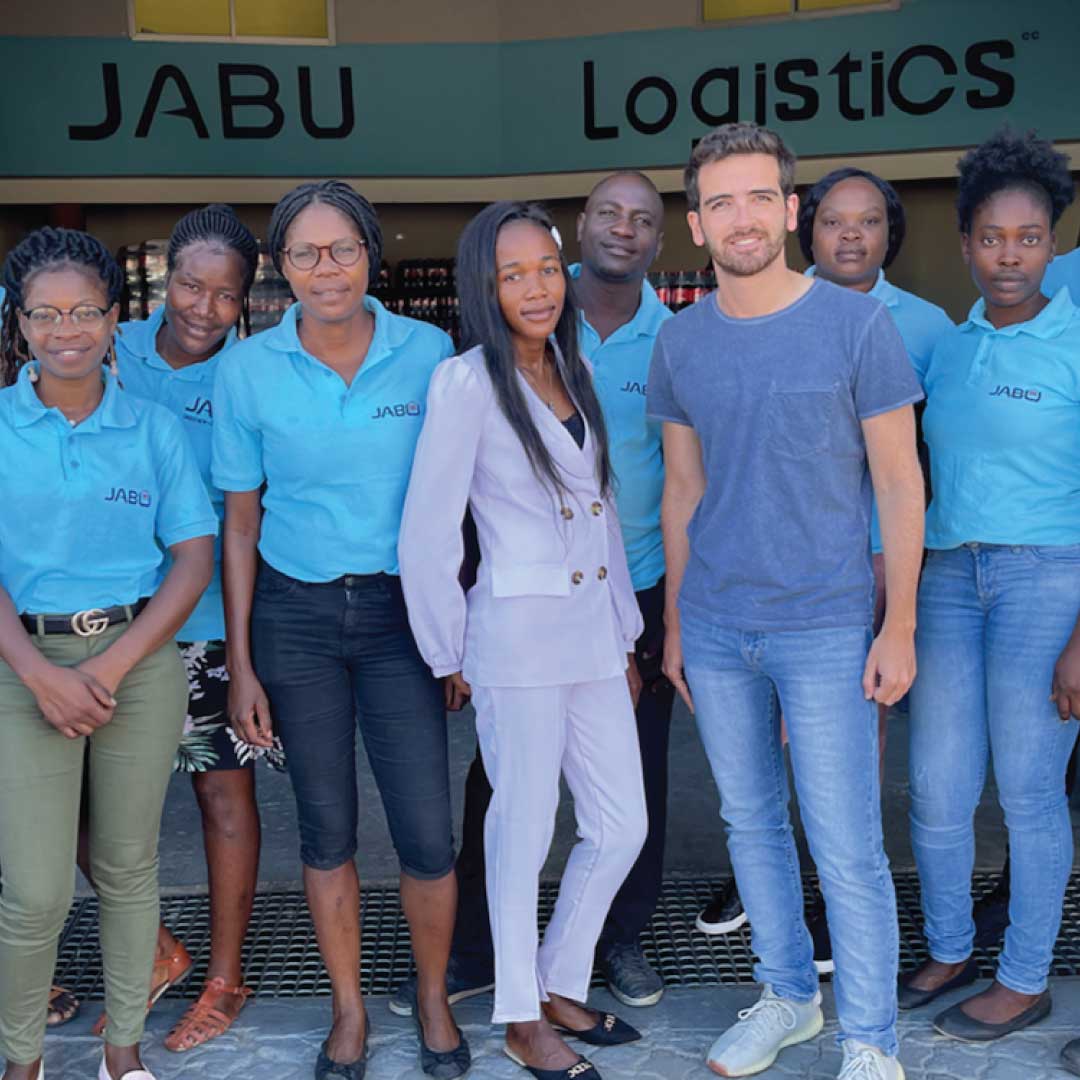For many years, small to medium-sized kiosks and shop owners across Africa have faced logistical challenges when ordering products from wholesalers and distributors. New startups like JABU have joined several other distribution companies such as Wasoko, TradeDepot, Omnibiz, MarketForce, MaxAB and Chari to make this process easier via apps and more efficient distribution channels.
The last-mile distribution e-commerce company has recently received a $15 million Series A led by Tiger Global, just a few months after raising $3.2 million in January. This is Tiger Global’s second investment in the B2B e-commerce space after backing Wasoko in its mega Series B round. This deal was also closed before it reported a $17 billion loss during this year’s tech sell-off.
Box Group, Knollwood, and D Global Ventures are among the investors in this growth round, while some backers from its previous seed round like Afore Capital, Oldslip, and FJ Labs also joined in.
About JABU
With JABU, merchants can order, stock and pay for their products via Jwallet and expect same-day delivery, the YC-backed company said. In January, over 6,000 merchants in Namibia, South Africa, and Zambia used the company’s platform. According to CEO David Akinin, that number has risen by 50%.
The company also provides data-driven services to FMCG brands and banks through dashboards, such as sales metrics and agent performance.
Ultimately, Akinin stated that JABU intends to build a business around its Jwallet, which is currently available as a stand-alone product. Jwallet enables merchants in Southern Africa to facilitate cash withdrawals and deposits to their customers using their physical flows. This play is similar to agency banking, a branchless banking system popular in Nigeria and West Africa in which human agents operate as ATMs to provide financial services to people in remote areas. In Morocco, Chari has a similar offering.
Read Also : Sylndr Secures $12.6M Pre-seed to Disrupt Egypt’s Automotive Used-Car Market
“You can offer your end consumers the ability to withdraw and deposit money into their wallets and bank accounts through JABU,” said Akinin. “So we’re connecting an API to banks into the interchange, literally to allow someone who received money via the wallet to walk up to a JABU merchant who can use their physical float and withdraw money.”
Providing Sustainable Alternative To BNPL Model With Jwallet
Jwallet also has other working parts to its function. Drivers who handle distribution for its 232 logistics partners and pay with the wallet can get asset financing and, for merchants, stock financing, according to the company. More specifically, Akinin believes the wallet system can provide a more sustainable alternative to the popular BNPL model that other platforms offer merchants.
“I think buy now, pay later is an optical illusion. I think there is credit, and there are cash sales, and there’s nothing in between,” Akinin said. “So, I think it [BNPL] is going to worsen the situation for small businesses, it’s going to create more defaults, generate a culture of bad pay, and it’s going to create real debt at the SME level in Africa, that will be hard to justify.”
His bias stems from a previous attempt by JABU to use the BNPL model, which resulted in defaults. Akinin described how merchants would leverage a platform’s BNPL offering to generate revenue, then use that profit to pay for the next invoice or buy stock from another supplier in a different supply chain.
Read Also : Victory Farm Secures $5M to Expand Aquaculture Tilapia Fish Farming
Jwallet gets around this by collaborating with banks to process digital payments and developing communities on the platform for merchants to save and extend credit lines to one another. This technique also aids merchants in amassing transaction histories while generating enough revenue — from offering financial services to end customers — to repay the loan.
“Much of what we’re doing with our Jabu wallet is creating an ecosystem around the community and the shop rather than around our balance sheet. We’re excited about that as a product because we’re trying to prove as we scale that there is a different way to engage with shops.”
Many businesses are taking money out of the market. We’re trying to build a business that brings products into the market and continues in a journey that has a multiplier effect of moving money 20 times around that market. The JABU wallet will be shared services; other products will stem from this, and so will the ability to pay for services and products in those markets.
Later this year, JABU will use the Series A investment to strengthen its position in Southern Africa and penetrate new markets such as Botswana and Eswatini. What sets JABU apart from the competition is building a much broader ecosystem for small businesses rather than just a marketplace, Akinin claims.
